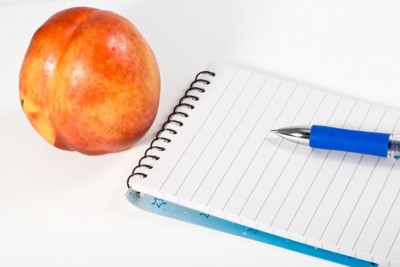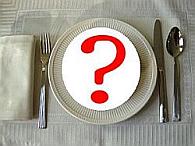One of the first things I do when a client comes for a nutrition consult is ask him/her to bring me a completed food record. It is usually just a 3 day food record but the longer the better.
I can tell a lot about a person by what he eats, where he eats, and when the meals are eaten. Before I meet with my client I have an idea his occupation, his marital status, and even some idea about what ails him by his eating pattern.
Here are examples of what I look for and what it tells me:
- Number of times eating out: food budget, marital status, occupation
- Type of restaurants: culture food preferences, or meat and potato kind, occupation, food budget
- Meal time: occupation, physical activities, possible physical ailments
- Consistent meal time may indicate personal discipline, age
- or possible rigid eating habits
- How meals are cooked: cultural background, possible weight issue, possible physical ailments such as impaired GI function
- Number of meals/day: potential weight issue, possible physical ailments such as hypoglycemia. or diabetes
- What type of food was eaten: culture food preferences, weight issues, and possible GI problems, risk factors for heart disease, high blood pressure, and diabetes.
You too can get a lot of insight about yourself and relationship to
your physical complaints by keeping a food record. There is a food record form free to download here. Get your food record form and fill them out. Three days will do but a week or more is better.
If you are not a writer then take pictures of your meals with your digital camera or phone camera, download to your computer as a food journal. Do note your physical discomforts so you can track your food sensitivities.
Take a look at the provided food record form to get an idea what you should be noting. See the trend of how you eat. Ask yourself how, and what changes you can make to your eating pattern for overall improved health. It could be for less indigestion, improve blood sugar control, weight loss, and more.
Research indicated that people who keep a food record are more successful in making lifestyle changes for better health than people who don’t. So, start yours today!
Related posts:
Calculate BMI (Body Mass Index)
Calories Need A Day
Red Wine Benefits
How Much is Too Much Alcohol?
Is Green Tea Good For You?



{ 1 comment… read it below or add one }
Putting together a food record assignment for class, I learned how poorly I eat sometimes. It helped me keeping a journal and I can look back see what I ate. This article was helpful, great tips.
{ 4 trackbacks }